Mumbai, Dec 20, 2024: Development designers Transform Rural India (TRI) has organised a Millionaire Farmers Breakfast at Bandra's farm-to-table restaurant, Project Hum. The event was an extension of TRI's Millionaire Farmers Development Programme (MFDP), which helps farmers build a profitable and sustainable livelihood from farming, and was aimed at celebrating their achievements and produce.
The highlight of the celebratory event, held on December 17, was ‘Breakfast with Millionaire Farmers’, featuring a beautifully curated spread made from fresh, seasonal produce directly sourced from the farmer’s fields. The talented chefs at Project Hum transformed these yields into flavourful dishes, showcasing a variety of crops, such as three types of sweet potatoes, tomatoes grafted on brinjal plants, and speciality strawberries – sustainably cultivated by the farmers.
Participants had the opportunity to interact with these inspiring farmers from rural Jharkhand, including Haricharan Oraon from Dhurleta village, Nikki Kumari from Purana Pani and Pinki Kumari from Fadilmarcha. The farmers shared their personal journeys, challenges and triumphs that have led them to this moment.
The event began with Raghav Simha, co-founder of Project Hum, who introduced the philosophy of sustainability, farm-to-table concepts, and the importance of supporting local farmers. He also emphasised how the event aligns with the vision of celebrating sustainable farming practices and bringing fresh, locally sourced food to the table.
“As a community, it's crucial that we invest in stronger relationships between farmers and restaurants, while also fostering deeper conversations about sustainability. This event is one step in the right direction to fulfill our goal of being a farmer first community,” said Raghav Simha, co-founder of Project Hum.
He also moderated the interactive storytelling session that followed. The millionaire farmers shared insights from their experiences with sustainable farming, discussing key practices such as organic farming, mixed cropping and drip irrigation. They collectively stressed the significance of empowering farmers, especially in tribal regions, and how this can lead to better health, stronger communities and a more resilient environment.
Sharing her success story, Nikki Kumari explained how joining the MFDP helped her overcome the challenges of traditional farming and become a successful farmer. Implementing the knowledge she gained, she was able to send her two daughters to DAV School, comfortably manage family expenses, and alleviate the financial strain they once had faced. She also purchased a tractor, further improving her farming efficiency.
Pinki Kumari, affectionately known as 'Pinki Didi' in her community, shared how MFDP enabled her to venture into plant grafting. This technique tripled her yield and allowed her to earn significant profits by selling the produce. At the end of the impressive breakfast she added, “I know how to grow crops, but I never thought such dishes could be made from our crops!”
Many rural Indians migrate to big, overcrowded cities under the belief that they will never make a good living - let alone become well off - staying in their village. Others, who do choose to stay behind, often end up tilling someone else’s land rather than developing profitable methods from cultivating their own fields.
Haricharan emphasised the value of this self-sufficiency. “Instead of working on someone else’s land, we take pride in cultivating our own and becoming our own boss through dedication and hard work,” he said.
The event was particularly significant in view of the OECD-FAO Agricultural Outlook 2021-2030, which counts India among nations slated to drive foodgrain production in the current decade. However, for India to fully realize its potential as a global agricultural powerhouse, empowering rural farmers with capacity building and the requisite knowledge is critically important.
"Through the MFDP programme, we are committed to creating lasting change through sustainable farming practices, by creating opportunities for farmers, particularly young farmers who need guidance to learn these practices that remain untapped in the region," says Bapi Gorai.
TRI's MFDP is a transformative initiative that bridges skill gaps by helping farmers leverage advanced technologies and grow crops suited to their local agro-ecological conditions as well as market demands. This way, farmers not only learn efficient and sustainable resource use but also optimize yield while ensuring environmental health. The programme has so far enabled 41 farmers from Jharkhand's tribal areas to achieve 'Millionaire Farmer' status.




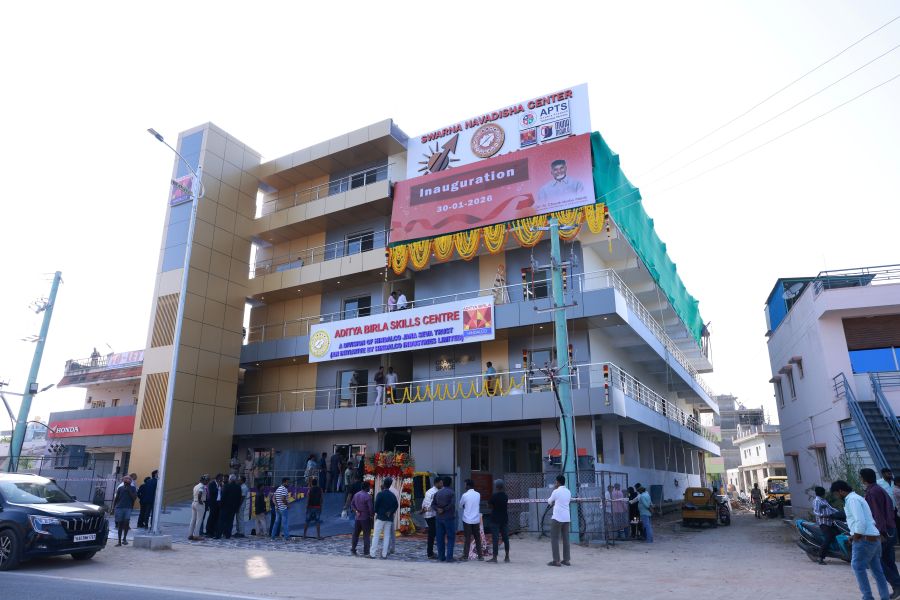
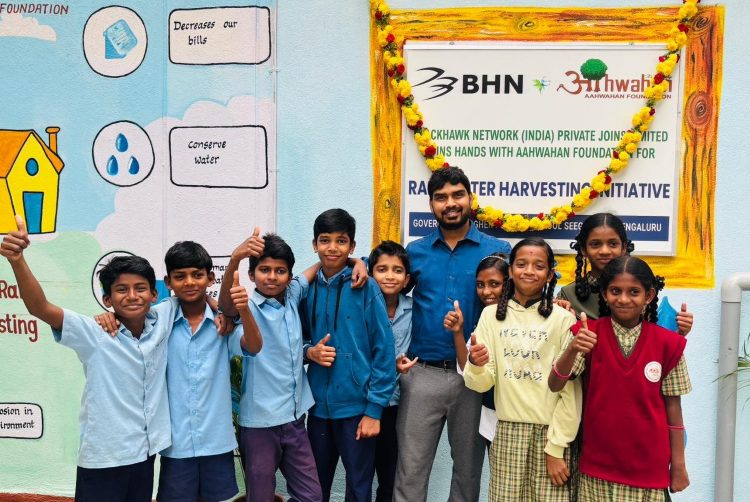



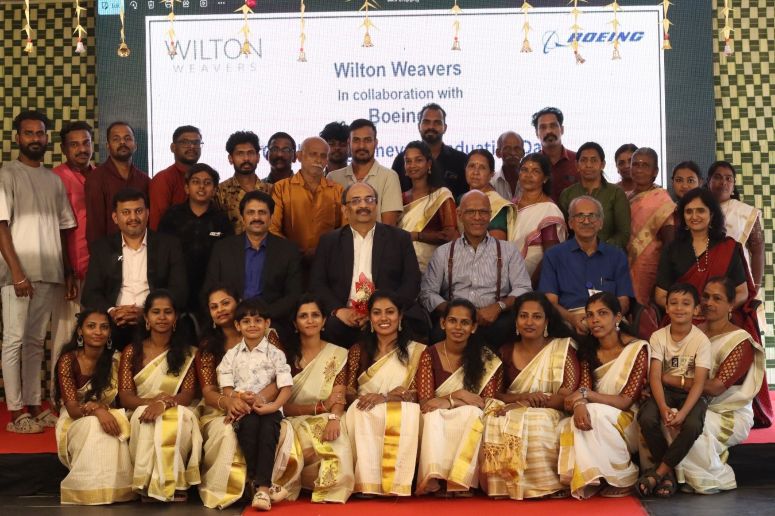


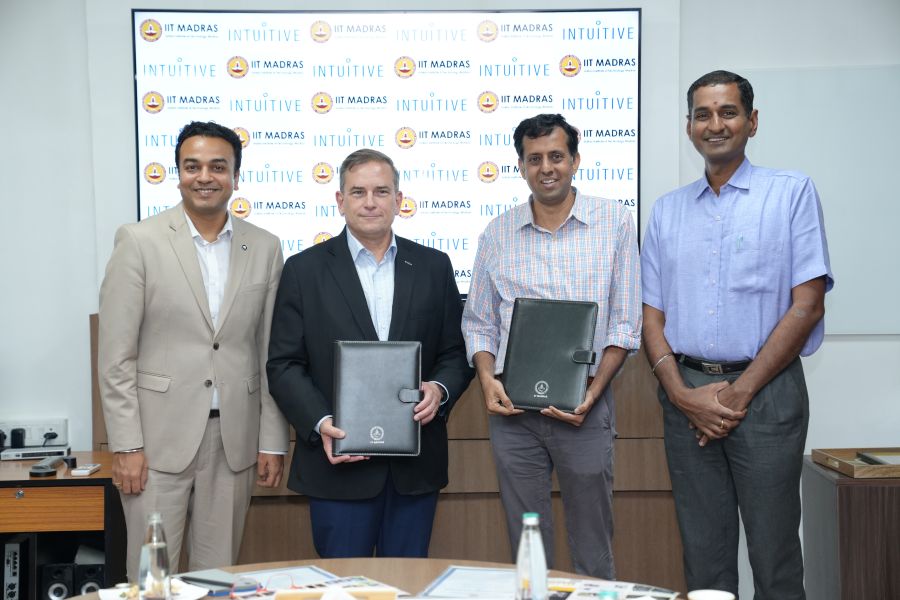
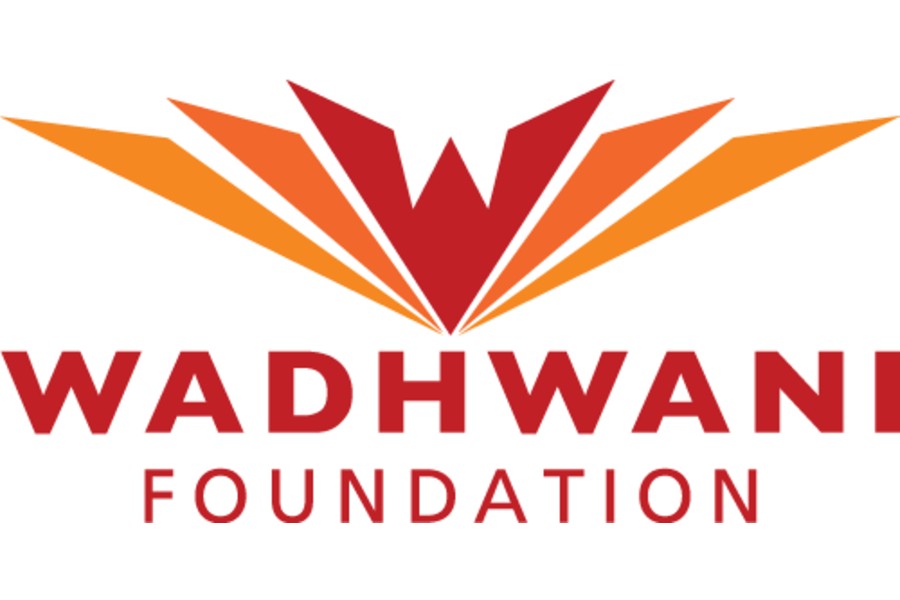


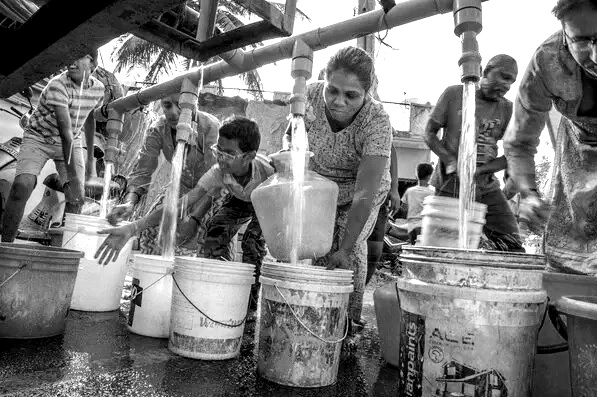

.jpg)



